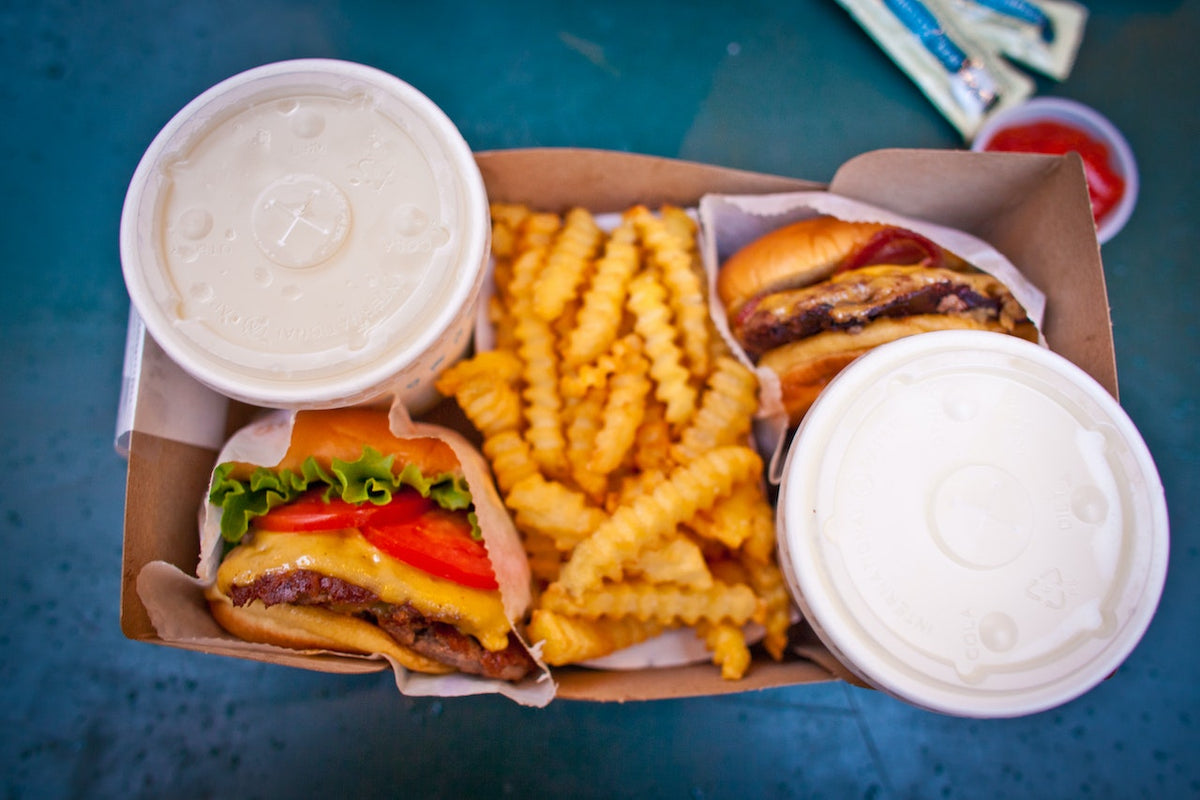
Have you been diagnosed with non-alcoholic fatty liver disease (NAFLD) and wondering what you should and shouldn't eat? One of the best ways to manage NAFLD is through a healthy diet, but it's not always clear which foods help fatty liver and which you should avoid.
NAFLD is when fat accumulates in the liver, despite limited alcohol consumption. It can lead to serious health problems if left untreated, such as liver inflammation and scarring. A healthy diet is crucial in managing NAFLD, but with so much conflicting information online, it's hard to know where to start.
If you have NAFLD, a nutritious diet is essential to improve liver function and prevent further damage. But what should you eat? What should you avoid?
Below, we'll explore what foods you should be eating, which foods you shouldn't eat, as well as which nutrient supplement may help you manage your NAFLD and improve your overall health.
NAFLD is a common health condition that affects more than 25 percent of the world's population. It is caused by excessive fat accumulation in the liver, leading to inflammation and potential damage to the organ.
Fortunately, NAFLD can be reversed through lifestyle changes, including dietary modifications.
The most important step in reversing NAFLD is to reduce calorie intake and maintain a healthy weight. The best way to do this is by consuming nutritious foods that are low in fat, sugar, and salt.
Fruits and veggies are packed with essential vitamins, minerals, and antioxidants. Eating more of them will help reduce calorie intake and improve overall health.
Leafy greens especially may be beneficial for liver health. A study found that consuming the compound thylakoids, which are found in spinach and other leafy greens, helps reduce fat buildup in the liver.
Protein helps maintain muscle mass and is essential for repair and growth. Eating more protein will also keep you feeling full longer, therefore reducing your calorie intake.
Good sources of protein include fish, poultry, eggs, legumes, tofu, nuts, and seeds.
Whole grains are an excellent source of carbohydrates and fiber that provide long-lasting energy. Whole grains like oatmeal have been shown to be beneficial for those with NAFLD.
Fiber helps reduce your calorie intake by keeping you feeling full longer and may also lower your triglyceride levels.
Fats are essential for the absorption of fat-soluble vitamins and for providing energy. Omega-3 fatty acids in particular may be beneficial for reversing NAFLD.
Omega-3s have been shown to reduce liver fat, boost HDL cholesterol, and lower triglycerides.
Healthy sources of fat include avocados, olive oil, nuts, fatty fish (like salmon), and nut butters.
If you’re living with fatty liver disease, it is important to avoid foods that may worsen your symptoms. Additionally, avoiding certain food items can help you reach a healthy weight and reduce the amount of fat in your liver.
To protect your liver health, avoid these foods below.
Excessive alcohol consumption is a leading cause of fatty liver disease. The ethanol in alcohol is toxic to your liver.
All forms of alcohol, including beer, wine, and liquor, can contribute to liver damage. Limit or avoid alcohol consumption if you have fatty liver disease.
Processed or pre-packaged foods contain high levels of sugar, sodium, and unhealthy fats that harm the liver. These foods are also low in nutrients that are essential for liver function.
Foods such as chips, cakes, and candies should be avoided or consumed in moderation for a healthy liver.
Diets high in salt increase the risk of fatty liver disease. High-sodium foods cause the body to retain water, leading to inflammation in the liver and worsening symptoms.
Foods such as canned soups, processed meats, and fast foods are high in sodium and should be avoided.
Fried foods, especially those deep-fried in unhealthy oils, can cause inflammation and damage to the liver. Avoid foods such as fried chicken, fried fish, and french fries, as they are not only high in saturated and trans fats but also harmful to your liver.
Sweetened beverages such as sodas and fruit juices are high in sugar and calories. Drinking these beverages regularly can lead to an increase in weight and worsening fatty liver disease.
Swapping these drinks for water or herbal tea can help reduce the risk of liver damage.
Diet is key when it comes to losing weight and reversing NAFLD but it's not the only method you should focus on.
Regular exercise can also be implemented to help you lose weight and reverse fatty liver. Exercise of any kind, (weightlifting, cardio, yoga, etc.) helps to boost metabolism, build muscle, and reduce stress. All of which can aid in your weight loss efforts.
One study found that after just 3 months of regular exercise, two main markers of NAFLD (fibrosis scarring and degeneration of liver cells) were reduced by up to 57-68%.
Recent research has shown that certain nutrients and herbs may prove useful for improving and protecting the liver.
The best supplements for fatty liver include vitamins B12, D, and E, and herbs like milk thistle, turmeric, and dandelion root.
The Everyday Liver Vitamin (TELV) is a multi-nutrient liver supplement backed by research for its role in supporting liver health.* TELV contains 15 potent ingredients (including the ingredients mentioned above) studied for their effectiveness in potentially reversing NAFLD.*
Supplements for fatty liver, like TELV, can be used in addition to other measures to reduce fatty liver.*
Nonalcoholic fatty liver disease is common and continues to increase in the Western world. Reversing fatty liver disease requires lifestyle changes such as a healthy diet and exercise.
Avoiding certain foods will decrease your risk of fatty liver and improve your liver health overall. Finally, taking supplements may aid in fatty liver reduction and can be part of an effective fatty liver reversal plan.*
*This statement has not been evaluated by the Food and Drug Administration. This product is not intended to diagnose, treat, cure, or prevent any disease.